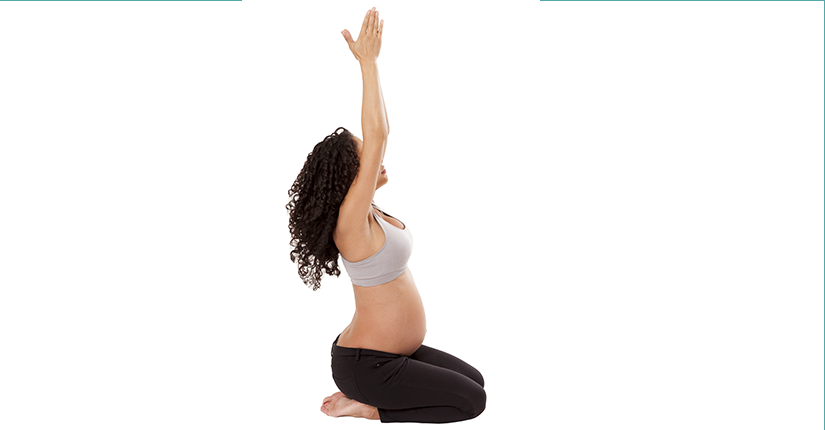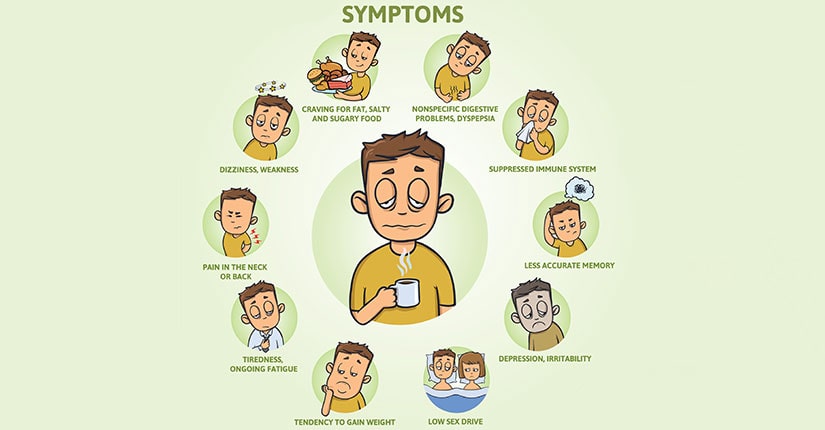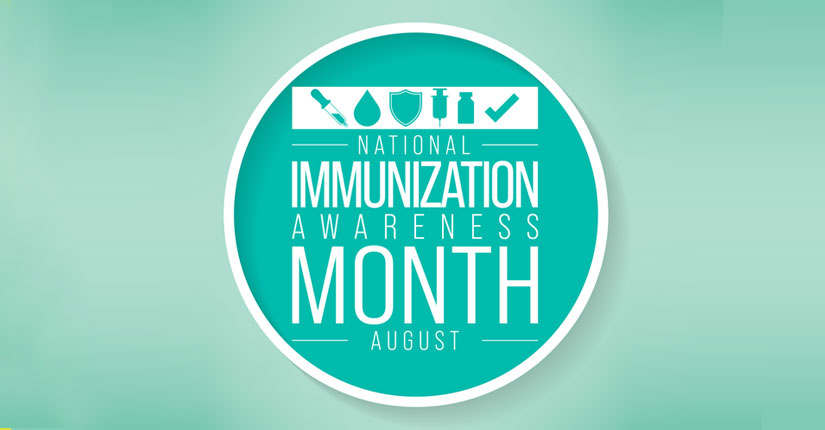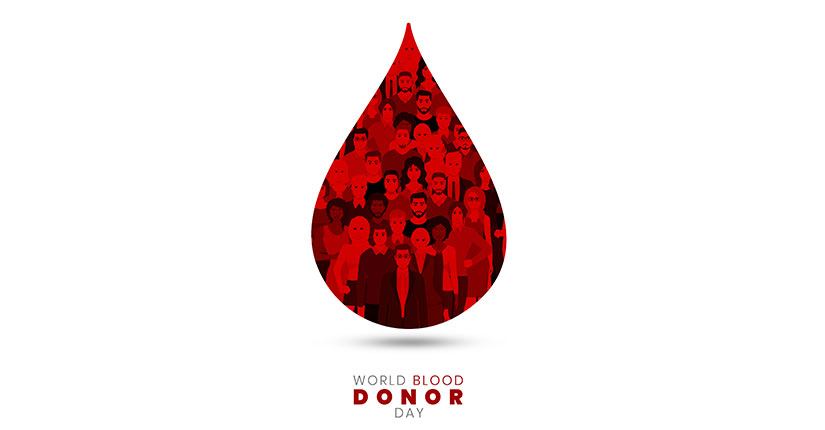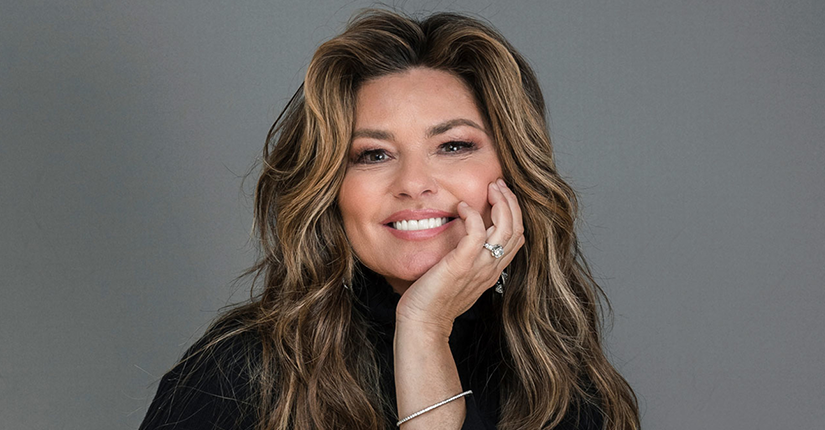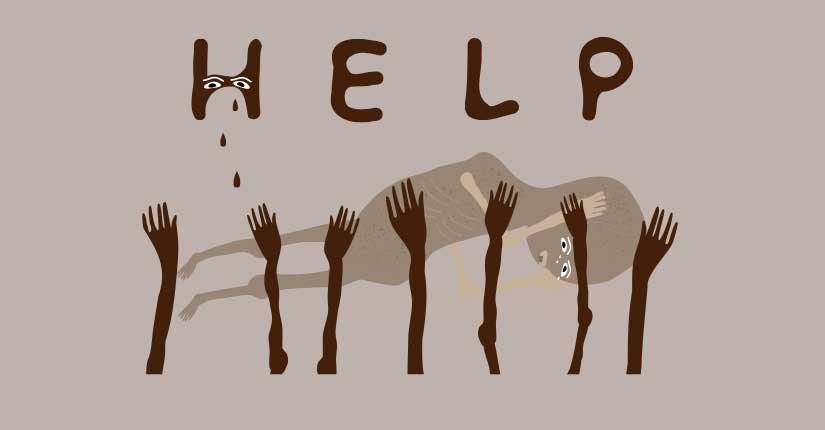Scoliosis: Understanding Signs and Symptoms
By Nmami Agarwal 11-Jun 2022 Reading Time: 3 Mins
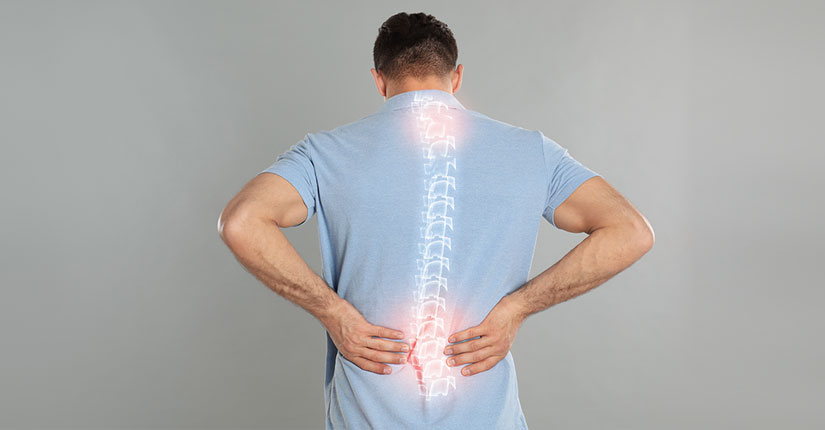
Scoliosis is a sideways abnormal curvature of the spine, and it is often detected in childhood or early teenage. This disease affects 2-3% of the population and females are more likely to suffer from this disease. Most scoliosis is mild and doesn’t need treatment, but some curves worsen as children grow.
Though it is painless, the normal age-related degeneration of the spine leads to symptoms. This disease becomes a problem in future only when a surgery is being considered. Most cases of scoliosis don’t cause symptoms but since it’s a degenerative disease, eventually it becomes painful.
Back pain occurs due to arthritis, inability to stand upright and muscle weakness. In some cases, changes in the body includes:
Signs and symptoms:
- Difficulty sitting, standing, or walking due to loss of leg muscle coordination. This leads to spinal stiffness
- Change in body posture: Height loss, Humpback, leaning towards one side and curved posture. This leads to one hip higher than the other.
- Uneven alignment of hips and pelvis
- Shortness of breath and fatigue
Complications
With most scoliosis cases, the spine will rotate or twist in addition to curving side to side. This causes the ribs or muscles on one side of the body to stick out farther than those on the other side.
If it’s ignored, scoliosis can cause complications including breathing problems, back problems and appearance. The rib cage pressing against the lungs makes it more difficult to breathe causing breathing problems. People who had scoliosis as children may be more likely to have chronic back pain as adults especially if their abnormal curves are large and untreated. As scoliosis worsens, it can cause more noticeable changes including uneven hips and shoulders, prominent ribs, and a shift of the waist and trunk to the side. This develops a self-conscious attitude among the individuals with this disease.
Footnote
Go to your doctor if you notice signs of scoliosis in your child. Mild curves can develop without you or your child knowing it because they appear gradually and usually don’t cause pain.



